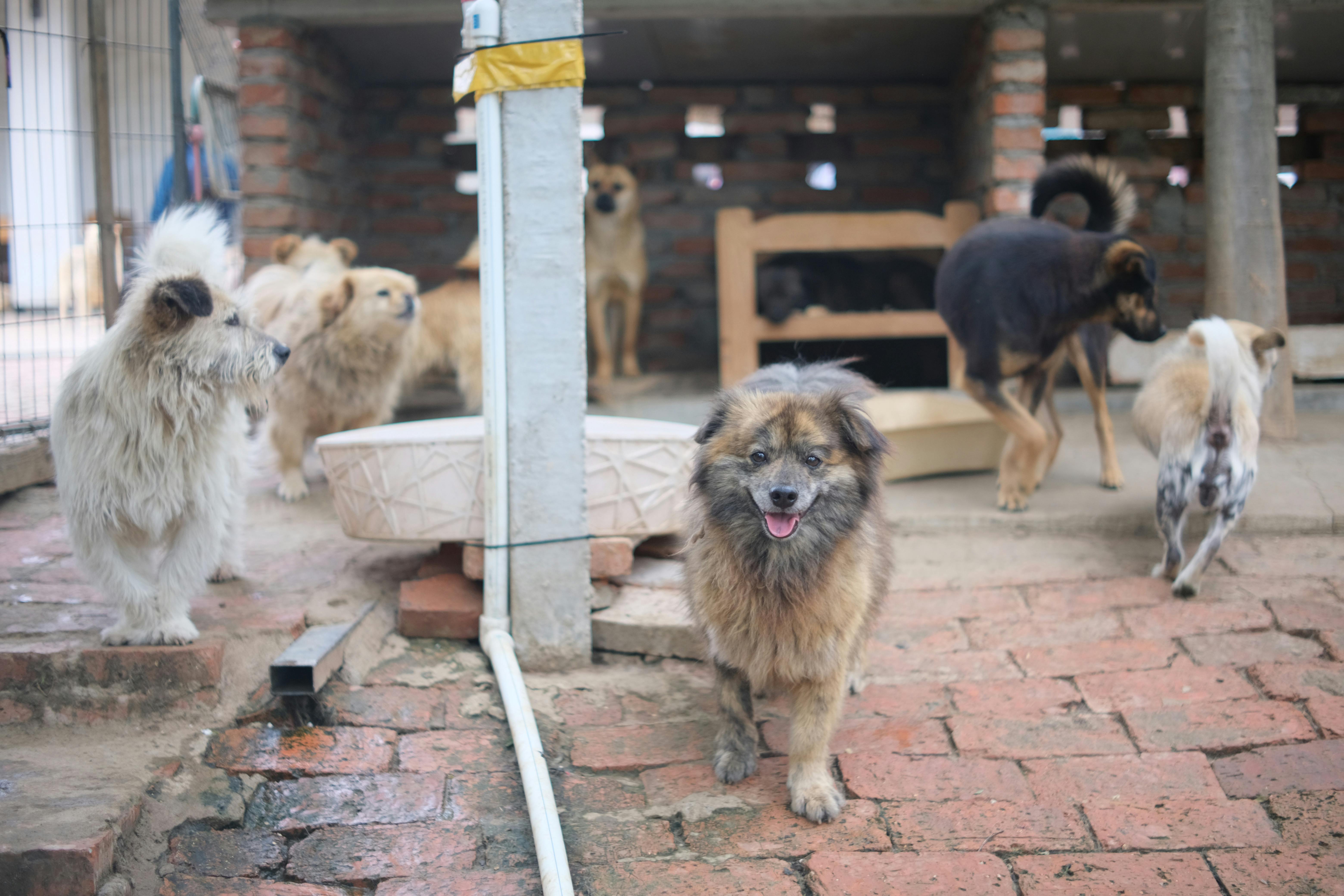Dog lovers everywhere have watched as the landscape for animal welfare in the United States evolves at a historic pace. Laws are finally catching up to what so many of us believe: every dog deserves compassion, safety, and real opportunities for a happy life. At DogDog, we’re on the frontlines of supporting this progress by turning simple, everyday actions—like searching the web—into lasting change for shelter dogs. Let’s dig into exactly how new animal welfare laws are reshaping life for dogs in the US, what these changes look like up close, and how every one of us can play a vital role.
From the Animal Welfare Act to Today: How Laws Have Evolved
The foundation of animal protection in the US is the Animal Welfare Act (AWA), created all the way back in 1966. Over time, persistent activism and hard-working advocates have pressured lawmakers to revise, enhance, and expand these protections. But in recent years, advocacy has translated into action more rapidly than ever, particularly for dogs housed in breeding facilities, shelters, and those entering the US from abroad. The latest legislative tweaks focus less on just “good enough” and more on real, tangible quality of life improvements for our canine friends.
Major New Animal Welfare Laws Impacting US Dogs
-
Puppy Protection Act of 2025: This landmark bill radically raises requirements for dog breeders who fall under USDA oversight. Now, these breeders must provide:
- Enclosures large enough for dogs to move, play, and rest comfortably, not just stand and turn.
- Mandatory veterinary checks before breeding, capping the number of litters and setting minimum and maximum breeding ages.
- Yearly dental exams to help guard against chronic pain and disease.
- Strict scheduling for nutritious meals and daily socialization and mental enrichment to address not just physical, but also emotional well-being.
The effect: Thousands of dogs in commercial breeding now experience environments far closer to what we’d consider humane—less crowding, healthier routines, and crucial interaction with humans and other dogs.
-
Better CARE for Animals Act: Rather than letting agencies bounce blame back and forth, this bill empowers the Department of Justice and USDA to react quickly and decisively. They can now:
- Seize dogs from situations of neglect or mistreatment almost immediately.
- Revoke breeder licenses of recurring or serious offenders, and issue severe penalties for violations.
This is especially vital for shelters—swift action means fewer dogs linger in terrible conditions, and enforcement is now much more than a mere slap on the wrist.
- Goldie’s Act: By removing the red tape separating ‘physical’ from ‘psychological’ suffering, inspectors now intervene whenever there’s any credible threat to a dog’s well-being. The intent is that dogs will get help before their situations become dire.
- Healthy Dog Importation Act: Every dog entering the US must now have a health certificate from a recognized agency, be microchipped, and have up-to-date vaccinations (like rabies). Border inspections must verify paperwork and the animal’s welfare before entry, helping protect both existing pets and shelter populations from preventable diseases.

Why These Laws Matter—to Us and to Dogs Everywhere
- Stronger Standards Mean Happier, Healthier Dogs: Breeders and shelters alike are held to higher expectations for space, nutrition, and veterinary care. Dogs experience less suffering and a greater chance at a normal, happy life.
- Shelters Receive More Support: Laws that streamline animal seizure and prosecution free up shelter resources, enabling more focus on rehabilitation, health checks, and finding forever homes—rather than dealing only with emergencies and triage.
- Coordinated Enforcement: When federal agencies work together efficiently, neglectful facilities can no longer evade oversight. Bad actors are seeing consequences quickly, and large-scale rescues are becoming more common and effective.
- Healthier Pet Communities: By screening imported dogs for disease and verifying their health, communities are safer, and local shelter dogs face a lower risk of outbreaks that could devastate already vulnerable populations.
- Public Empowerment: Most crucially, these laws invite everyone to participate. Each of us can report abuse, support strong legislation, and choose to adopt, ensuring our actions reinforce the intent behind these new protections.
Who Benefits? Real Stories from the DogDog Community
Countless dogs have directly benefitted from the spirit behind these laws. Here at DogDog, our mission is to turn the everyday activity of searching the web into real, operational help for shelters across the country. Through funds raised, we’ve seen:
- A dog rescued from a puppy mill receive complex surgeries and recovery care.
- Abandoned dogs with treatable medical needs access lifesaving treatments, rather than be left on a waiting list for months.
- Shelter teams relieved of overwhelming costs so they can focus instead on matching each dog with the right family.
Our work with the Cesar Millan Foundation amplifies the impact—ensuring more dogs are fed, more are treated by veterinarians, and more are ready for a second chance at life.

What Can You Do? Real Ways to Make a Difference for Dogs
- Speak Up for Welfare: Reach out to your representatives and voice support for comprehensive animal welfare legislation. Even a brief message can help shape future policies.
- Change How You Search: With services like DogDog, every web search helps raise money for food and health checks for shelter dogs. This is one of the simplest and most sustainable ways to help.
- Adopt from Shelters: If you’re considering a new pet, make shelters and rescue organizations your first stop. Millions of dogs enter shelters each year—your home could be their happy ending.
- Stay Informed and Educate Others: New laws and local policies are emerging frequently. By keeping up-to-date and sharing information, you help keep the momentum going.
- Share Real Stories: The journey of each rescued dog, like those highlighted on DogDog, inspires others and helps break down barriers to adoption and support.
The Road Ahead: A Brighter, Kinder Future
The United States is embracing a new era for dog welfare, defined by accountability, compassion, and public participation. At DogDog, we’re convinced that this trend will accelerate—with each search, each adoption, and each act of advocacy, the world gets a bit kinder for our canine companions.
Ready to take action? You can visit us at DogDog.org to make your searches count for something bigger. Upload a photo of your dog, join Cesar’s Pack, and help us ensure no shelter dog ever goes hungry or without care—one search at a time.
